Azerbaijan intends to export more natural gas to Europe, President Ilham Aliyev said Tuesday during an official visit to Germany.
“We are increasing our gas exports in the direction of Europe. In 2021, we exported 8 billion cubic meters of gas. This year, we hope to increase this amount to 12 billion cubic meters, which means half of our total exports,” Aliyev said during a press conference with German Chancellor Olaf Scholz in Berlin, where he arrived the previous day.
Noting that ties between Germany and Azerbaijan are at a high level, Aliyev said he discussed many issues during his meeting with Scholz, including EU-Azerbaijani relations, in which he said very important steps were being taken.
“In particular, the Memorandum of Understanding on Strategic Partnership in the field of energy security signed between the European Union and Azerbaijan last year shows our intention,” Aliyev said, further noting that the “speedy and timely” implementation of the memorandum once again shows that Azerbaijan is “a reliable partner for Europe.”
Aliyev also touched on a meeting between himself and close to 30 German companies on Monday, noting that he saw great interest from these companies in Azerbaijan and its economy.
“Azerbaijan has a broad energy potential. I’m sure that in the future, Azerbaijan will export not only gas but also green energy,” he said.
In response to a question, Aliyev noted that Azerbaijan had received orders for energy exports from at least 10 countries since the start of the Russia-Ukraine war.
“With the strategic partnership agreement we signed with the EU last year, we plan to export 20 billion cubic meters of natural gas to Europe by 2027. Our gas exports are not limited to Europe, as we also export gas to Türkiye and Georgia,” he said.
He noted that new contracts must be signed in order to further direct Azerbaijani gas exports to Europe in the future, adding they already export gas to Türkiye, Georgia, Bulgaria, Greece, Italy and Romania and plan to also include Hungary in this list by the end of 2023.
“Long-term contracts must be signed, because we know well that in Europe, there is a very high trend towards a transition to green energy, and we are interested in long-term contracts. I hope that we will resolve these issues,” he said.
Aliyev also said that he and Scholz discussed issues of regional security, including relations between Azerbaijan and Armenia.
“I want the representatives of the German mass media to know that Azerbaijan faced Armenian occupation for nearly 30 years. About 20% of our territories were occupied and a million Azerbaijanis were expelled from their native lands,” he said.
Aliyev further noted that Azerbaijan restored its territorial integrity during the 44-day war in Karabakh in the fall of 2020, saying: “Armenia, which for 28 years avoided the implementation of four resolutions of the UN Security Council, was forced to accept its defeat.”
“The time for peace has come. We proposed peace to Armenia on the basis of five principles. I hope that Armenia will not miss this chance and peace and fellowship will be achieved in the South Caucasus,” he added.
Chancellor Scholz, for his part, said Germany wants to further strengthen economic ties and energy cooperation with Azerbaijan.
“Azerbaijan is a partner of growing importance for Germany and the European Union,” he said, adding that gas-rich Azerbaijan can significantly contribute to Europe’s energy security.
He underlined that there is great potential to enhance cooperation in renewable energy.
Scholz said that during their meeting, they also discussed the conflict between Armenia and Azerbaijan.
“Russia’s war of aggression against Ukraine marks a geopolitical turning point. We agree that it’s therefore very important now to intensify efforts for a peaceful settlement of the longstanding conflict between Armenia and Azerbaijan.”
The German chancellor reiterated Berlin’s position and underlined that a peaceful solution to the conflict must be found on the basis of respect for the territorial integrity of Azerbaijan and Armenia.
He also said that security and human rights should be ensured for the people of Upper Karabakh in line with international norms.
Scholz also noted that the unilateral independence declaration of Upper Karabakh is not recognized by Germany and the international community.

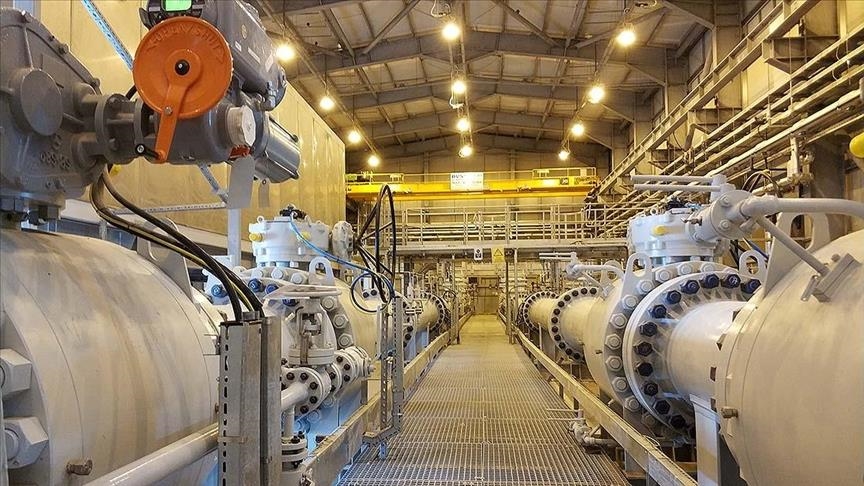

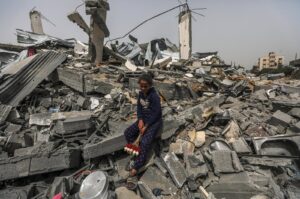
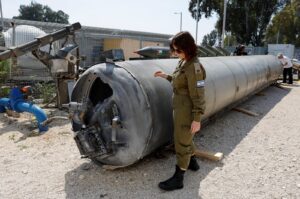
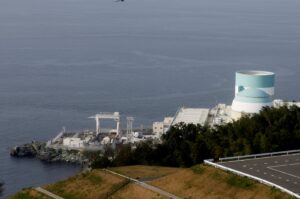
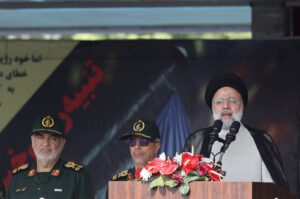
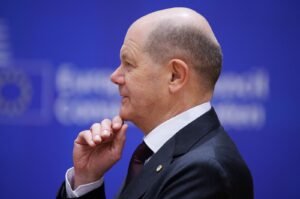
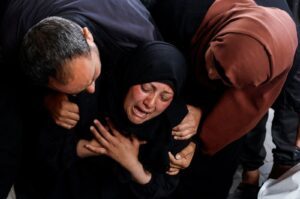
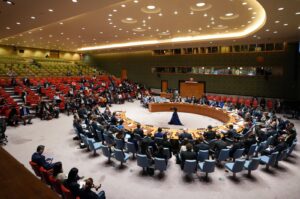


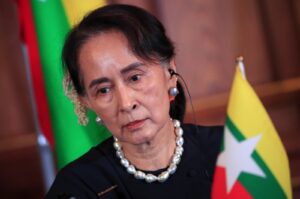

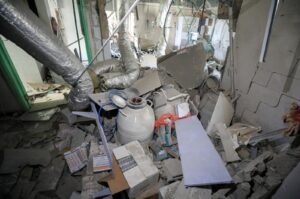


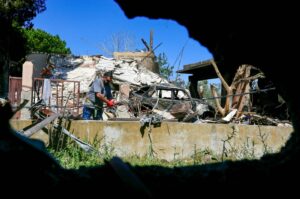


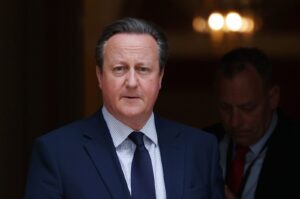



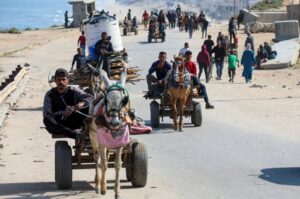

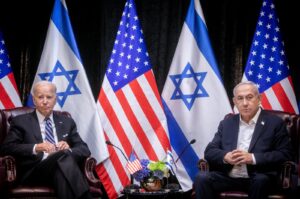

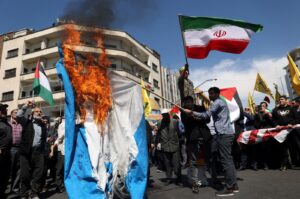
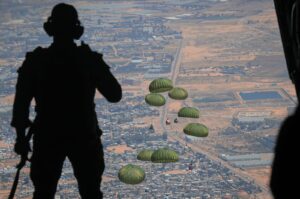
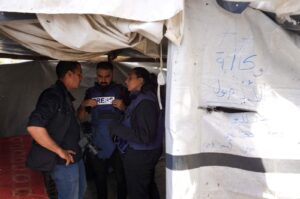



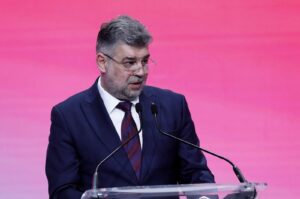

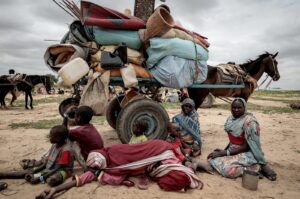

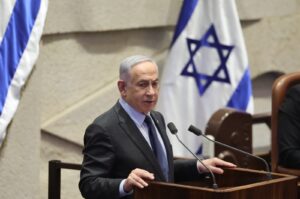


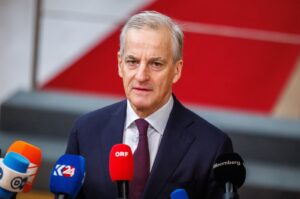
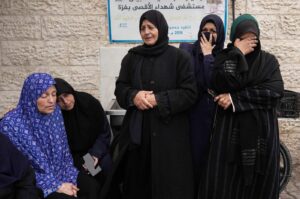



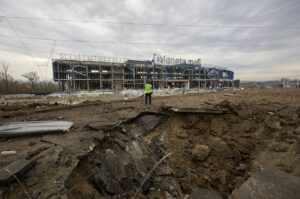
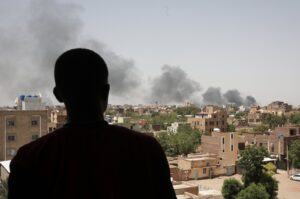
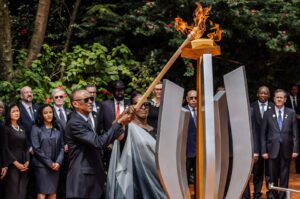

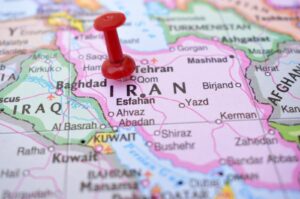
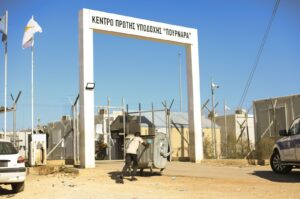
Be First to Comment